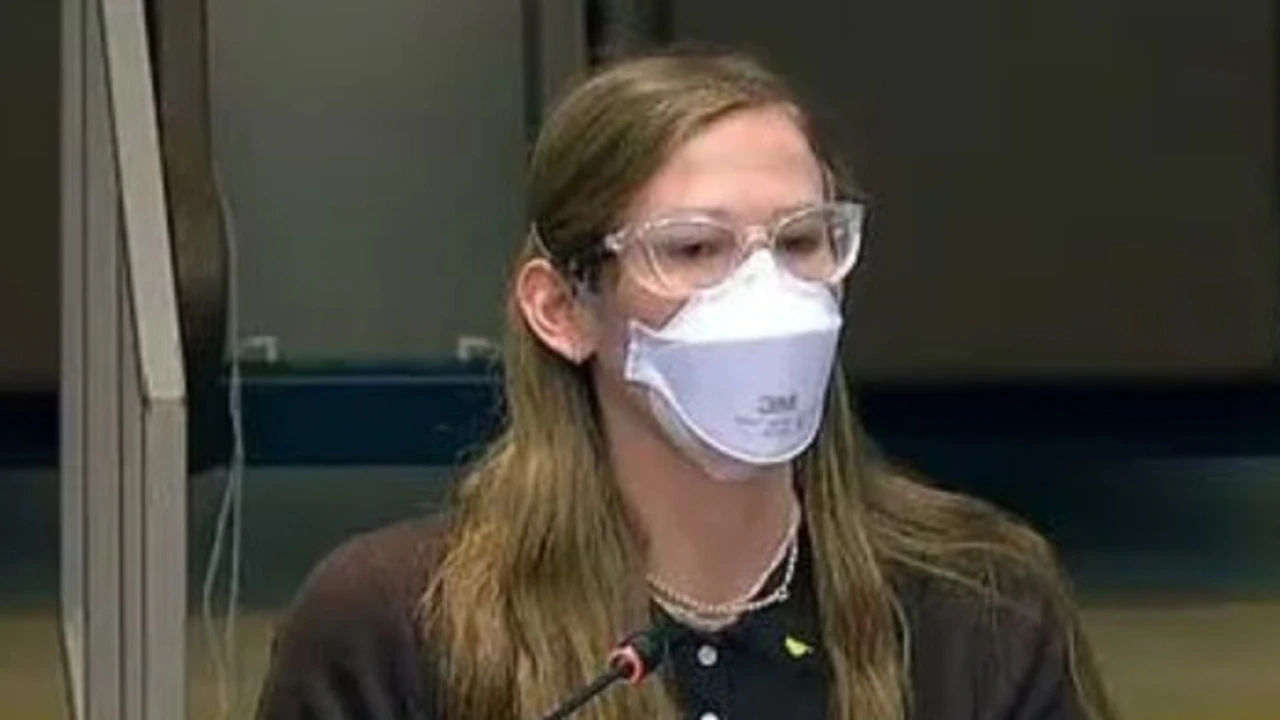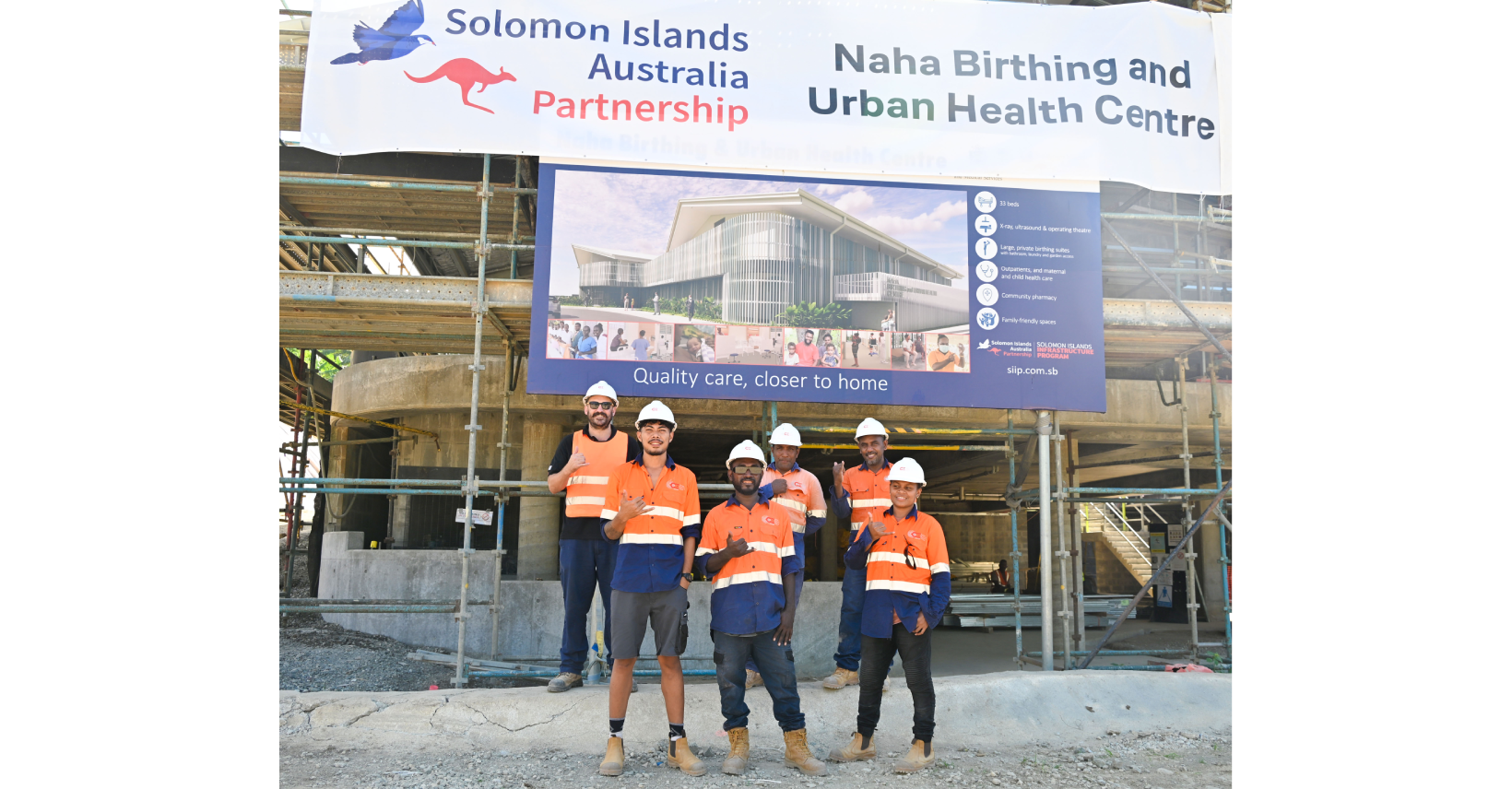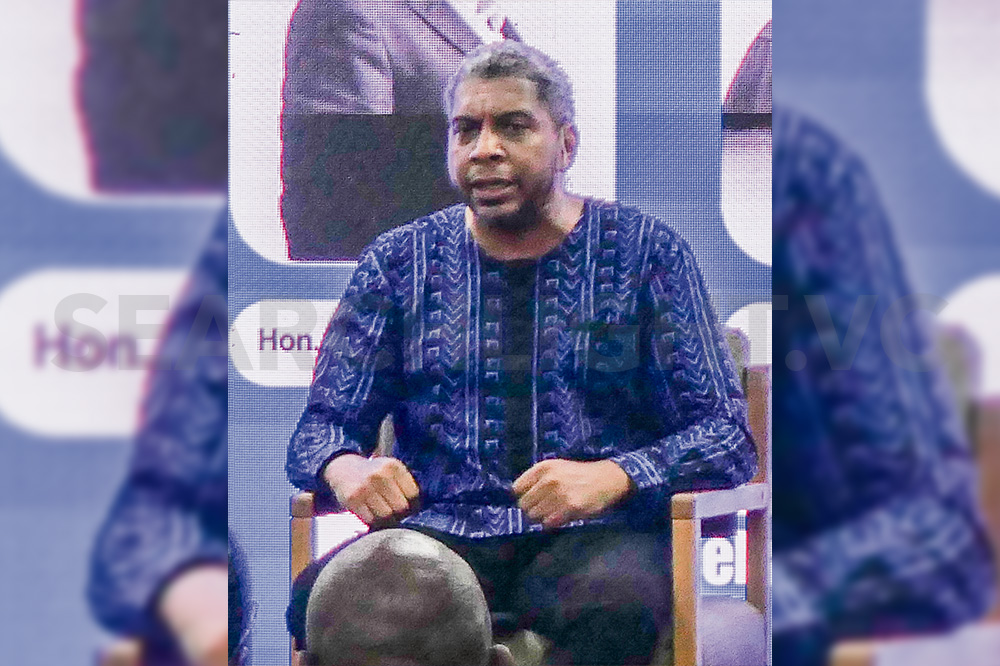By Hamza Habib
Copyright brecorder

ISLAMABAD: Pakistan needs a new horizontal distribution formula for the National Finance Commission Award, as the existing formula has created a structural trap of provinces’ dependency on the centre, and it dis-incentivizes federating units to generate revenue on their own and ensure efficient service delivery.
Senior Research Economist Dr Mahmood Khalid stated this in his presentation titled ‘A Critical Path to Fiscal Federalism: A Policy Note on the NFC Award Remake for Pakistan’ at a seminar in Pakistan Institute of Development Economics.
He said the 7th NFC Award in its current form is more of a political accord where provinces are content that they are getting their due share from the divisible pool of the Federation. However, he said the provinces are not answerable or accountable to anyone about their performance on the socioeconomic front.
He said there are key structural flaws in the NFC formulaic distribution, adding that under the present criteria, the NFC population has 82 percent weight, whereas the poverty share is 10.3 percent. “In the present form of NFC, it’s a disincentive for the provinces to reduce population or work for poverty reduction because by doing this their share is likely to go down in the NFC divisible pool,” he observed.
Dr Mehmood said that with only a weight of 5 percent for revenue collection effort, provinces are overwhelmingly reliant on federal transfers, leading to a ‘moral hazard’. He pointed out that unpredictable transfers destabilise provincial budgets and harm development projects. He said constitutional provisions and the lack of permanent institutions hinder the reforms.
Dr Mahmood said that the provinces are heavily reliant on federal transfers, and it can be gauged by the fact that in FY 2024-25, Punjab generated only 16.8 percent of its resources from its own revenue. He said there is little incentive for provinces to undertake politically difficult tax reforms, and stagnant provincial tax revenues, comprising only 0.7-0.8 percent of the GDP.
He suggested that a new horizontal distribution formula for the NFC Award is needed. He said under this formula, the population (fixed at figures of the 1998 population census) should get a share of 60 percent, poverty & backwardness 15 percent, inverse population density 5 percent, and Provincial Performance Index (PPI) 15 percent. Whereas a sustainable future (dynamic in nature but having at least three dimensions i) forest cover, ii) dams iii) climate resilient infrastructure): 5 percent.
While elaborating the salient features of PPI, he said in this index, revenue mobilisation efforts proposed weight should be 50 percent, governance & trust building 25 percent, and human development outcomes 25 percent.
He said there is a need to establish a permanent NFC Secretariat. The current process relies on ad-hoc commissions that often fail to reach a consensus. He suggested the need to create a permanent independent body to depoliticise the NFC process. It should provide continuous data-driven research and policy advice, and ensure continuity and technical expertise.
He said that broadening the tax base, the government should improve its delivery in health, education, and other social sectors, rather than just focusing on making everyone a tax filer. He said the provincial governments should establish a formal mediation mechanism to resolve disputes and provide judicial recourse for transfer shortfalls and ensure accountability.
Lastly, he said that provinces have failed to devolve fiscal powers to the third tier of government. A portion of the provincial share (e.g., 10-15 percent) should be constitutionally mandated to be transferred directly to local governments. These transfers could be tied to performance metrics at the district level. He said that Pakistan can learn from the experiences of Canada, Australia, and India to make NFC more efficient and delivery-oriented.
Copyright Business Recorder, 2025



